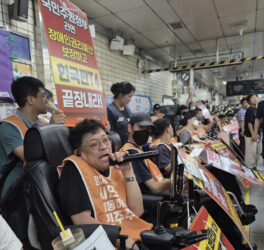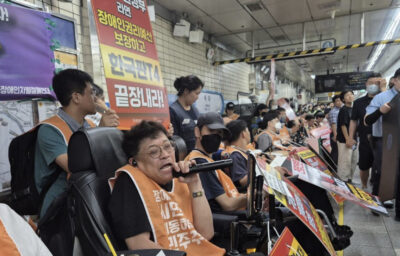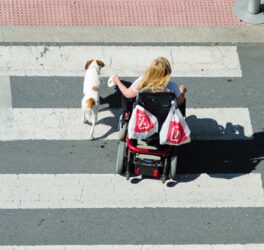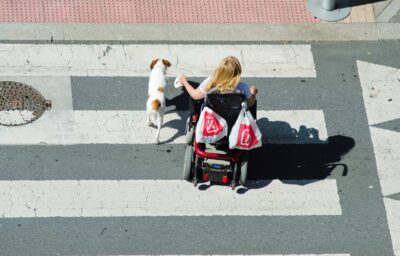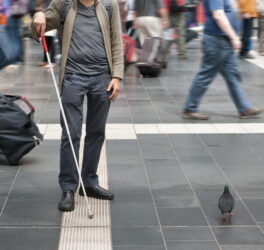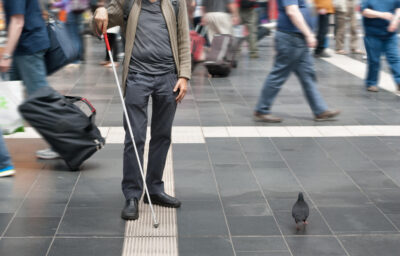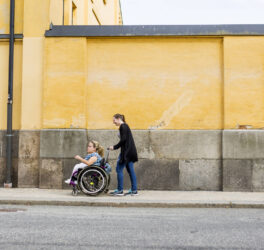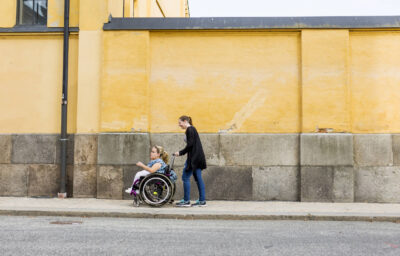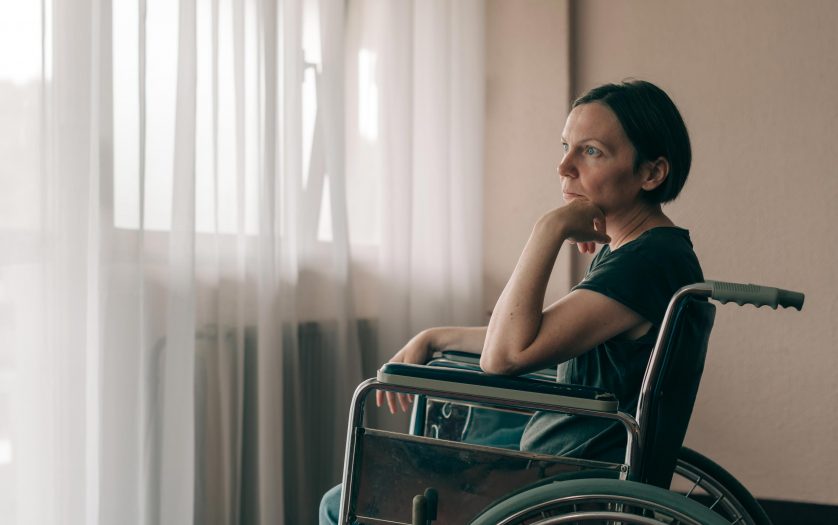
Persons with disabilities fare worse than non-disabled people across a range of outcomes relating to their homes and neighbourhoods, as well as their economic and social lives, Stats NZ said today.
A new report, Measuring inequality for disabled New Zealanders: 2018, brings together data from three Stats NZ surveys to explore differences between the lives of disabled and non-disabled people in 2018. It includes census data, which has been broken down by disability status for the first time.
This analysis was made possible by the inclusion of the Washington Group Short Set of questions on functioning in several Stats NZ surveys, including the 2018 Census.
“A suitable, affordable, warm, and dry home is an essential contributor to people’s wellbeing,” wellbeing and housing statistics manager Dr Claire Bretherton said.
“But disabled people typically live in lower quality homes than non-disabled people.”
Compared with non-disabled people, disabled people were less likely to live in a suitable home that is warm, and free from damp and mould.
Disabled people were also less likely to rate the attractiveness of their neighbourhoods highly, and found it harder to access facilities, such as doctors and medical centres, or supermarkets and dairies.
Having enough money to cover basic expenses is also important for wellbeing.
“Disabled people were less likely than non-disabled people to say they had enough money, or more than enough money, to meet their everyday needs,” Dr Bretherton said.
Disabled people aged between 15 and 64 years received a median personal income of $353 per week in 2018, less than half that of non-disabled people in the same age group ($806).
“This income gap reflects the fact that disabled people are less likely to be in work and typically work fewer hours. They also tend to rely more on government benefits, and have lower educational qualifications,” Dr Bretherton said.
Robust social networks contribute to an overall sense of wellbeing, by providing people with companionship, support, and acceptance.
Disabled people were just as likely as non-disabled people to meet their family in person on at least a weekly basis, but slightly less likely to meet their friends in person. They also had less non-face-to-face contact (such as phone calls, video calls, and email) with both family and friends.
Disabled people were less likely to feel satisfied with the amount of contact they had with their social networks, and were more likely to report feeling lonely.
Disabled people also found it harder to get help from other people when they needed it and were more likely to experience discrimination.
“For society to function well, it is important that people have good relationships with each other and trust key institutions,” Dr Bretherton said.
Disabled people consistently reported significantly lower levels of trust in other people, and in key institutions, such as the health system, the education system, the courts, and the police, than non-disabled people.

